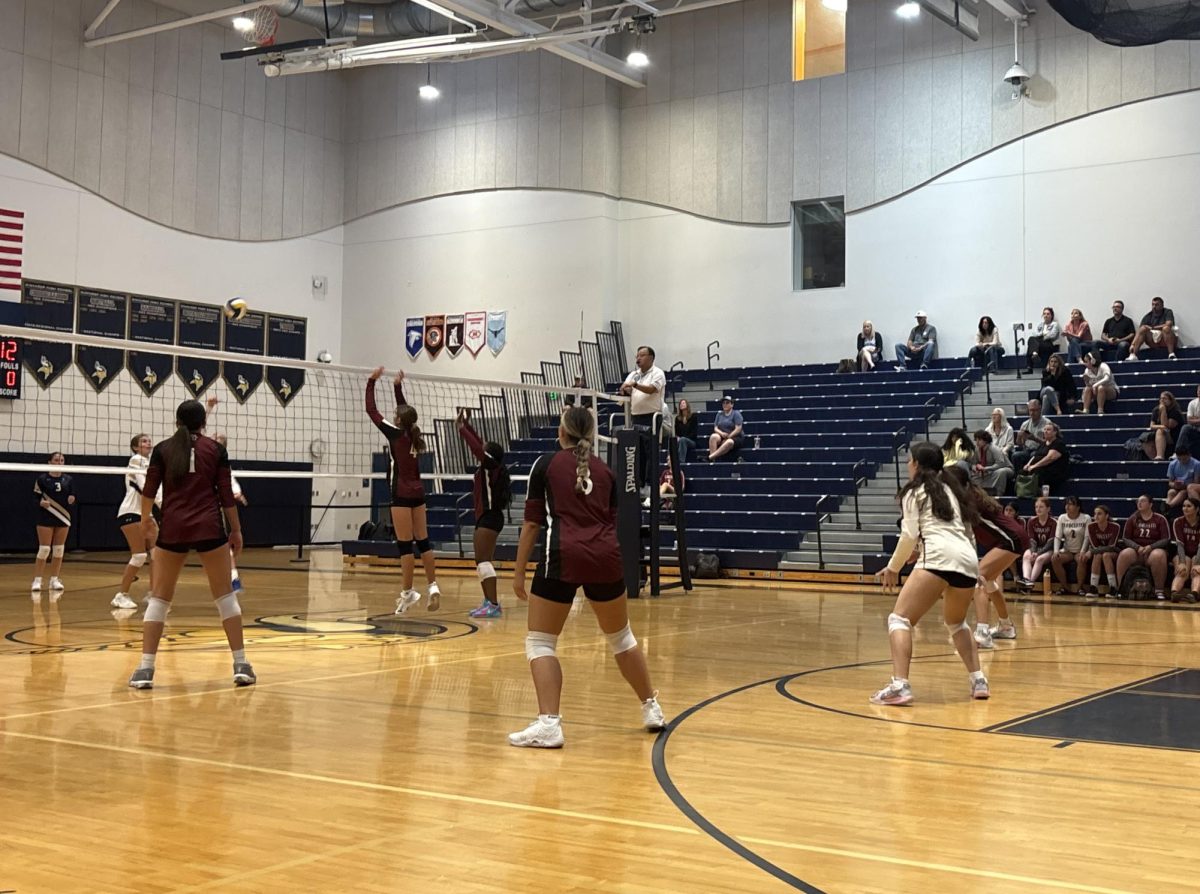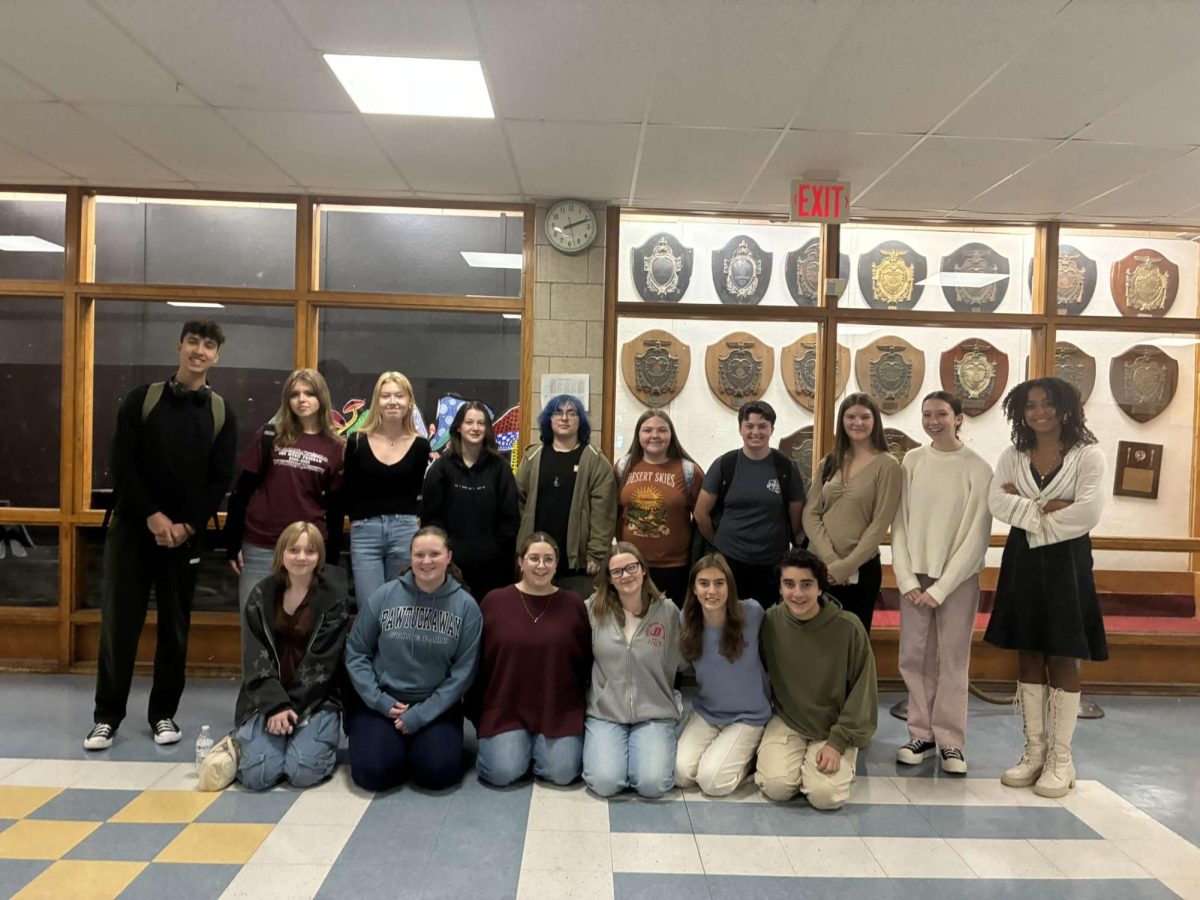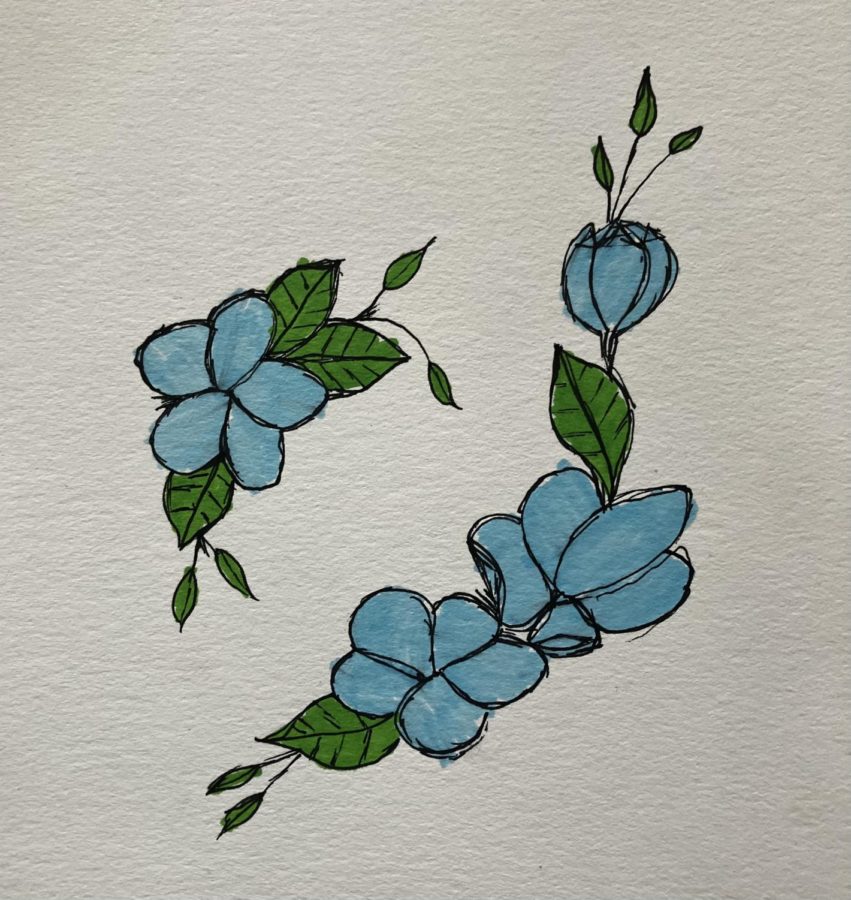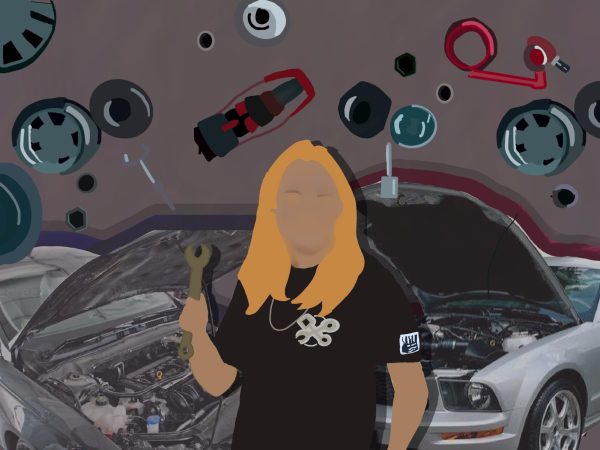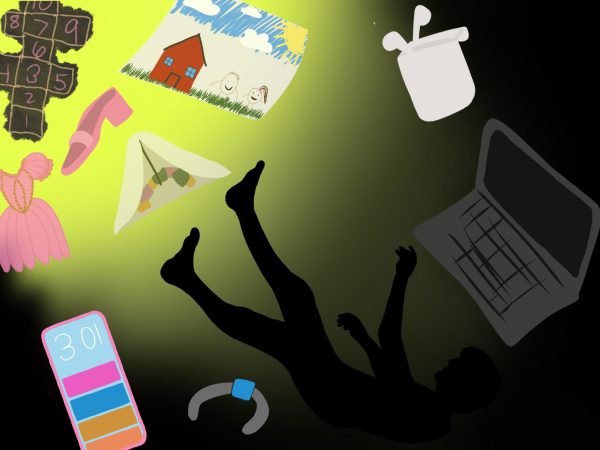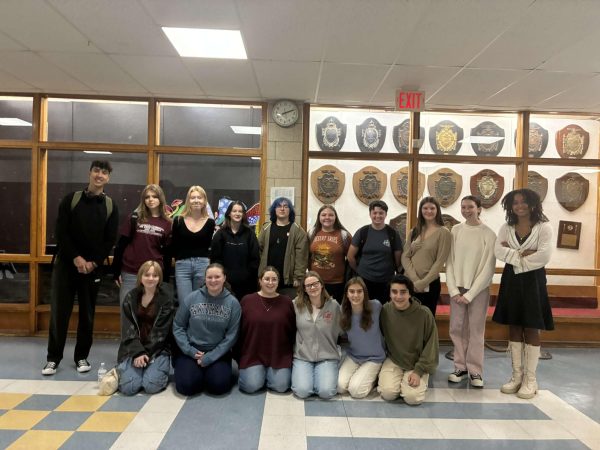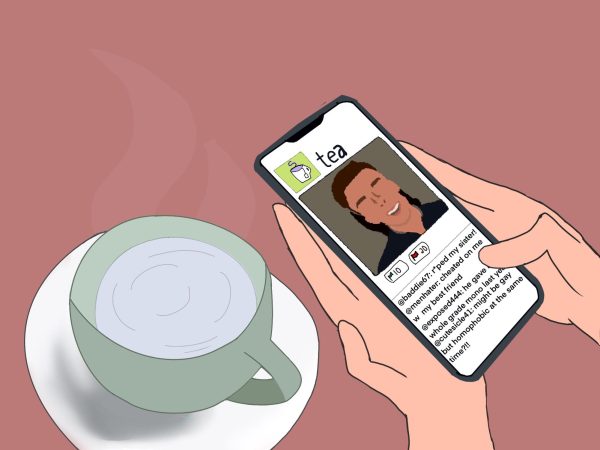The truth about eating disorders
If you or someone you know is struggling with disordered eating, utilize the National Eating Disorder Association Crisis Line, which can be accessed by texting “NEDA” to 741741.
National Eating Disorder Awareness Week is held on the last week of February every year—spanning February 27th to March 5th in 2023—and is meant to spread understanding of eating disorders and promote recovery. Eating disorders are the second most fatal mental illnesses, and heart attacks, organ failure, weakened immune systems, and other consequences of malnutrition cause someone to die from an eating disorder every 52 minutes.
Elisabet Altunkara is the Director of Education for the National Eating Disorder Association (NEDA), and has been working there for 9 years.
“Eating disorders don’t discriminate,” Altunkara said. “People of any gender identity, race, sexuality, religion, and age can struggle with disordered eating, and we have unfortunately seen an increase across the board since the pandemic.”
The misconception that only certain groups are affected can lead to underdiagnoses of eating disorders, and undertreatment for disordered eating. The difference between the two is notable because even though a lot of people do not meet the criteria for being diagnosed with an eating disorder, they still struggle with disordered eating, which can also be treated. 8 percent of the population of the United States suffer from eating disorders, and even more from disordered eating.
“We use the biopsychosocial model,” Altunkara said. “While leading causes for disordered eating stem from societal expectations, there are also biological and psychological factors that can predispose someone to develop an eating disorder. For example, if a close relative, like a parent, has an eating disorder, you could be more likely to have one, and psychological conditions like depression, anxiety, and OCD can make you more likely to develop an eating disorder, or compound the effects of one.”
Common eating disorders include Anorexia Nervosa, Bulimia Nervosa, Binge Eating Disorder, and OSFED, which can include ARFID, Pica, Rumination Disorder, Orthorexia, Compulsive Exercise, Diabulimia, and more.
“Never be afraid to seek help,” Altunkara said. “That’s the advice I always give, whether it is to the individuals struggling, or to their family and friends. Supporting a loved one can be difficult, and it is so important that everyone has someone to talk to, even if you are that person for someone else.”
While recovery should never be off the table, challenges that come from “eating disorder culture” may make recovery difficult. Residential treatment facilities are filled with people who succumbed to the harmful ideologies that propagate eating disorders, and they may continue to promote those ideologies while in recovery, providing an obstacle for others trying to recover.
April Smith is a junior at GHS who spent last spring in residential treatment for an eating disorder, and granted the Gillnetter an interview to discuss the reality of recovery.
“Treatment was really difficult, and I struggled to relearn my purpose in life,” Smith said. “Being forced into recovery was really scary, and I know that sounds bad, but it’s true. It’s okay that it was hard because it was worth it. Getting my personality back was the best thing I’ve ever done for myself, and that happened because I started taking care of myself again.”
Recovery is not only meant to heal a person’s relationship with their body and food, but also equip them with the skills they need to continue their lives without interruption from triggering comments or situations, as they may be triggered by things that are not meant to be harmful in the same way that they may be triggered by purposefully malicious comments.
“I definitely did not think I could get to this place in my recovery or in my life,” Smith said. “I didn’t think I could ever be this content with my life or this content with not being perfect, but I’m so glad I am. I am not, and never again want to be, the person I was during that time.”
Those interested in learning more about eating disorders can visit here to see the resources the National Eating Disorder Association offers, and those interested in helping the cause can visit here, to donate or help in other ways. The helpline can be found here, which allows those in need to contact someone through online chat, text, or call.
“Working towards recovery was both the hardest and the most rewarding thing I have ever done,” Smith said. “I am no longer just barely surviving, I am truly living.”

Clara Del Vecchio is a senior at GHS, and editor-in-chief for the Gillnetter. In her free time, she enjoys baking, knitting, and reading, as well as occasionally...

Clara Del Vecchio is a senior at GHS, and editor-in-chief for the Gillnetter. In her free time, she enjoys baking, knitting, and reading, as well as occasionally...




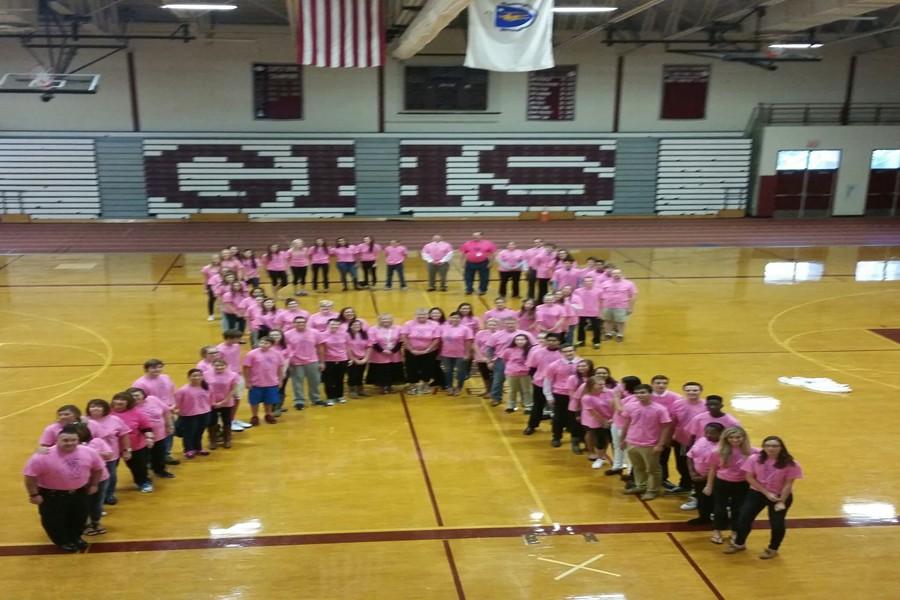







![The GHS/MERHS senior cross country runners pose together on Senior Night. [Photo courtesy of Manchester-Essex Athletics]](https://thegillnetter.com/wp-content/uploads/2025/10/Screenshot-2025-10-10-at-11.18.29-AM.png)

